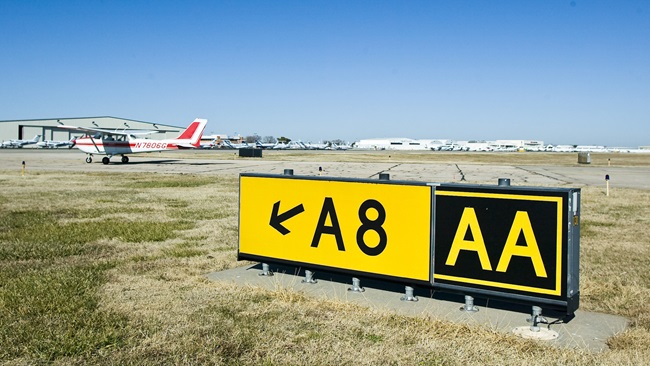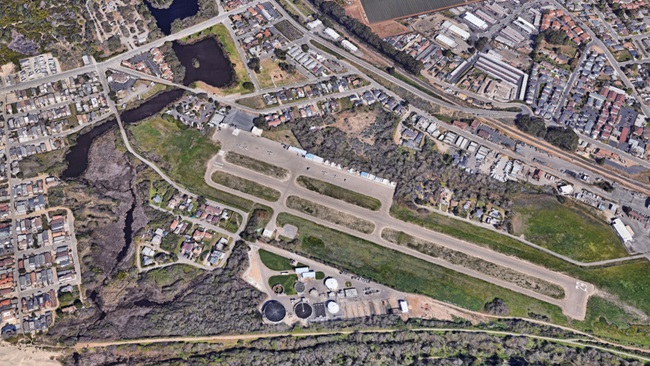Final rule hones NTSB role in enforcement appeals
Separate filing sets Pilot’s Bill of Rights actions
The National Transportation Safety Board has published a final rule amending its Rules of Practice in Air Safety Proceedings—the cases in which it considers appeals of FAA enforcement actions against pilots. The FAA actions can include emergency determinations leading to the immediate revocation or suspension of an airman certificate.
In a separate action, the NTSB published an interim rule for reviewing FAA certificate actions in keeping with provisions of the Pilot’s Bill of Rights, which was signed into law Aug. 3. The NTSB is soliciting public comments by Dec. 17 on the interim rules.
The final rule amending the NTSB’s Rules of Practice in Air Safety Proceedings will become effective Nov. 15. AOPA submitted comments on the proposed rule at two stages of the rulemaking process, urging better pilot access to the government’s evidence against them, and urging the NTSB to assume more substantive authority to dismiss or delay the imposition of an FAA action taken on an emergency basis.
In the final rule, the NTSB let stand a review standard under which it must “assume the truth” of the FAA’s allegations against a pilot—a standard which AOPA has contended makes it extremely difficult for an individual to successfully and fairly challenge the FAA’s assertions that an emergency exists warranting the immediate effectiveness of the agency’s action.
The NTSB said it lacked the resources to hold hearings on petitions contesting emergency determinations “given the expedited time frame” of 60 days required for a ruling on the merits of the cases. But in a provision favorable to pilots, the final rule now specifically provides that its law judges have leeway to consider evidence submitted by a respondent contesting the FAA’s emergency determination.
The NTSB did not rule out revisiting the standard, noting that it would “consider this analysis anew in light of any petition for rulemaking, that includes novel suggestions or points not previously articulated,” according to the final rule.
The NTSB also adopted provisions for electronic document filing in emergency and “normal” cases, and expressed the intention to further develop electronic docketing and filing capabilities.
Pilot’s Bill of Rights implemented
In a move to assure compliance with the Pilot’s Bill of Rights, the NTSB implemented interim rules amending its procedures for reviewing FAA certificate actions and invited public comments by Dec. 17.
Under the Pilot’s Bill of Rights, the FAA must “disclose its enforcement investigative report to each respondent in an aviation certificate enforcement case.” The law requires the NTSB to apply Federal Rules of Civil Procedure and the Federal Rules of Evidence to those cases. The law gives litigants “the option of appealing the Board’s orders to either a Federal district court or a Federal court of appeals,” according to the interim rule.
The interim measure provides that an order “may be dismissed if the FAA fails to comply with provisions requiring that the FAA give an airman access to certain data during its investigation,” said AOPA Counsel Kathleen A. Yodice.
Yodice said that AOPA will submit formal comments on the interim rule. She encouraged members to review the rule and submit comments by Dec. 17 by email or by mail to NTSB Office of General Counsel, 490 L’Enfant Plaza East SW., Washington, DC 20594–2003. Please cite Docket ID Number NTSB–GC–2011–0001.



